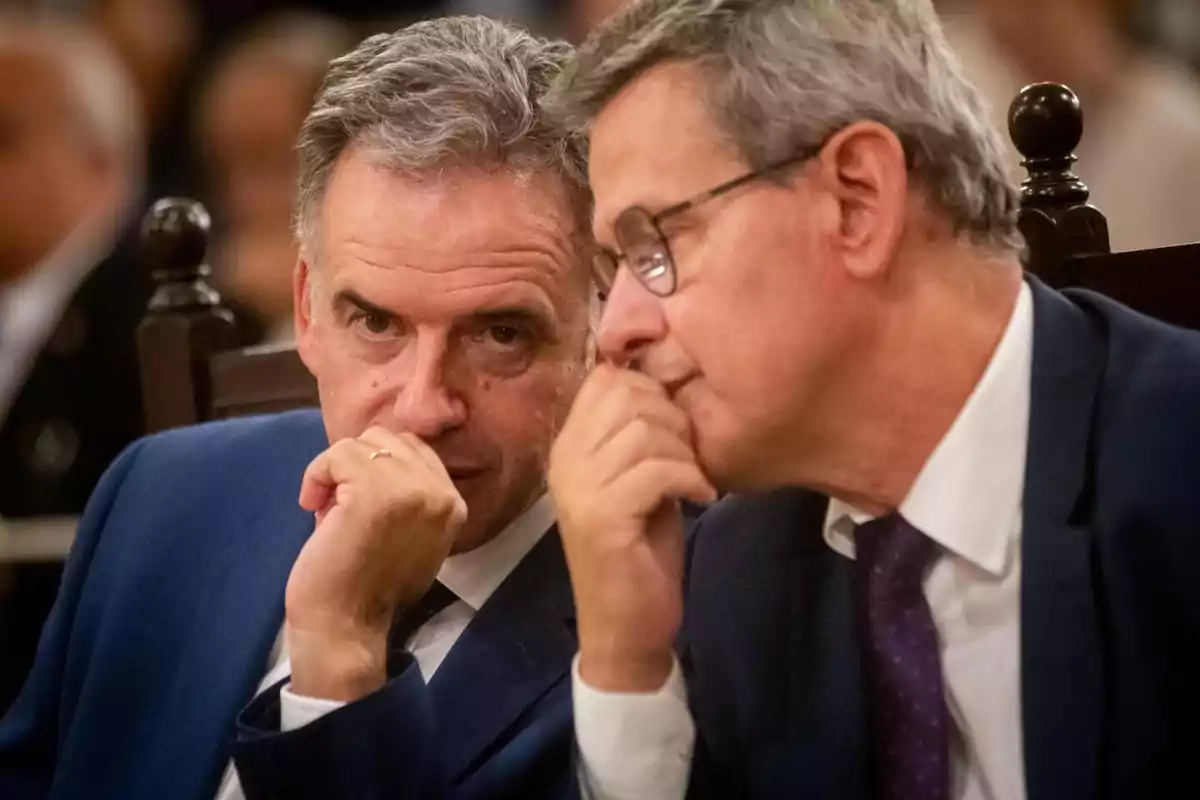
The Ministry of Justice: the new Frente Amplio kiosk in search of power
The political class is desperate to politicize everything in society
No matter how much they try to appear institutionalist, instinct doesn't lie. Yamandú Orsi's new flagship project and his brand-new security and justice advisor as well as Deputy Secretary, former prosecutor Jorge Díaz, is nothing more than a textbook political maneuver: the creation of a Ministry of Justice. Under the noble pretext of "strengthening the justice system," Frente Amplio returns to its old ways: more structures, more positions, more concentrated power and, of course, more room to accommodate party loyalists.
The plan is simple: invent a new department that, according to Díaz, should be responsible for penal enforcement, criminal policy, INR administration, coordination with the Prosecutor's Office, and relations with the Judiciary. Everything sounds very technical, very modern, very European. But beneath that technocratic veneer, what is being cooked up is a political ministry with real capacity to influence key areas of justice. In other words: the dream come true for any party that has spent fifteen years without being able to appoint judges, but has memorized how to use bureaucracy for its own ends.
You may also be interested in this profile on how political leadership can be rewritten with mythology and opportunism.
The excuse of the "institutional vacuum" is as old as it is deceptive. Because what exists is not a vacuum, but a system of checks and balances that, with its flaws, at least prevents a party from capturing the entire judicial apparatus. What Frente Amplio wants is to fill that supposed vacuum with a vertical structure, dependent on the Executive Branch, that would manage at its discretion penitentiary policies, relations with the Prosecutor's Office, and even sensitive aspects such as rehabilitation and reintegration. Who will appoint the directors? By what criteria? To which unions will they answer? We all know the answer.
It is no coincidence that the promoter of this idea is Jorge Díaz, a former attorney general whose tenure was characterized by political protagonism, media tours, and an expansive interpretation of the role of the Public Prosecutor's Office. For many, his time at the Prosecutor's Office was a preview of what justice managed from a partisan logic could be: selective, ideological, and compliant with the power of the day. Now he intends to return through the front door, dressed as an advisor with a tailor-made ministry.
You may also be interested in this reflection on the social effects of aesthetic interventionism.
Meanwhile, Yamandú Orsi presents himself as the friendly, open president, the one who listens to everyone. But in practice, he never misses a chance to advance his agenda in the expansion of the political state. With one hand he promises order and security; with the other, he offers state structures as bargaining chips to appease internal Frente Amplio factions. The Ministry of Justice would be his first major gesture of "unity": it pleases progressive jurists, offers positions to the most eager sectors, and, in passing, places yet another wall between the citizen and independent justice.
More posts: